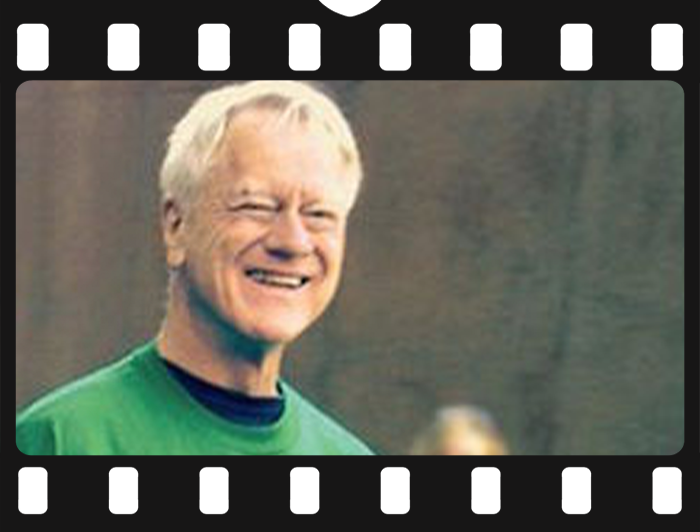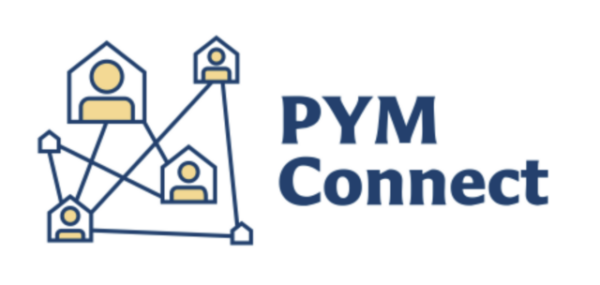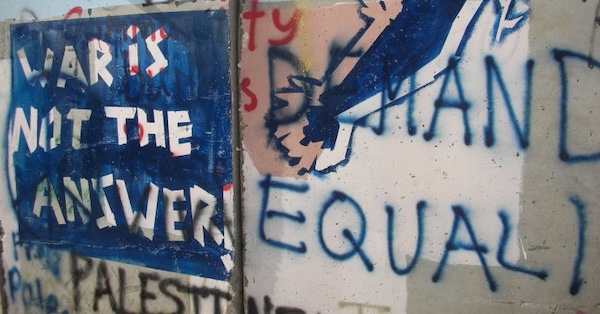The yearly meeting-wide witness on climate change began when Friends with care for the environment asked that all of Philadelphia Yearly Meeting be part of this concern. In March 2021, PYM agreed to carry climate change as a shared witness. This past weekend, PYM Connect launched a new channel that helps PYM Friends stay connected, share ideas, and support each other to continue this work in Addressing Climate Change.
JOIN PYM CONNECT!
[Read more…] about PYM Connect Launches Addressing Climate Change Channel








